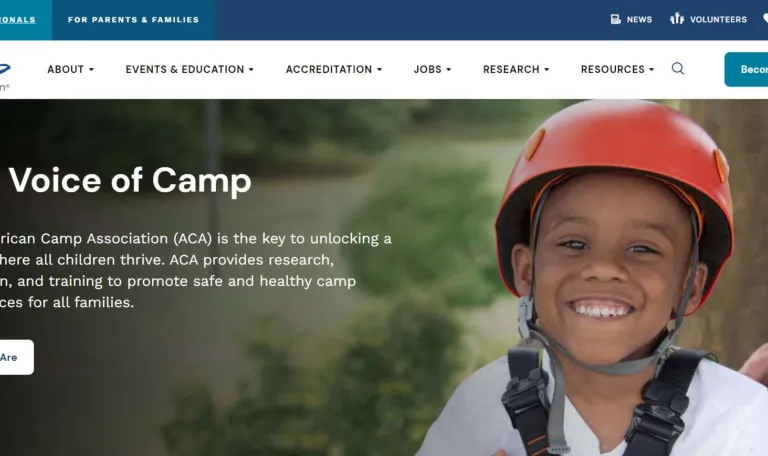UX Design Services
Leverage design powered by empathy and make user experience for your website as seamless as possible.
How we can help
We craft user-centric websites that boost adoption rates by making navigation intuitive and information readily accessible. By aligning your site's architecture with user journeys, we minimize friction and maximize conversions, turning visitors into active participants.
Moreover, our designs create a seamless experience that strengthens your organizational identity, fostering user loyalty and retention. With our expertise, your website becomes more than just a digital asset—it becomes a powerful tool for engagement, conversion, and long-term user satisfaction.

Our process for purposefully crafted design
Featured Projects

Learn how Promet Source designed the Portland State University website to boost student engagement and drive enrollment growth.

See how Promet Source boosted the search functionality and streamlined navigation of the American Camp Association website.
FAQ's
UX design is absolutely worth the investment. As Peter Ross, Director of UI/UX, explains, "When you decide to have a website, it becomes your responsibility to ensure that your users are able to use it as well as they can."
The main purpose of UX design is to create intuitive, efficient, and enjoyable user experiences. Good UX design:
- Improves user satisfaction and engagement
- Increases the likelihood of users interacting with your site
- Helps users find the information they need quickly
- Contributes to higher conversions and better retention rates
Our UX design services include a combination of the following:
- Concept Storyboarding
- Information Architecture
- Sitemaps
- Navigation Design
- Usability Testing
- User Personas
- Branding
And these components will be present regardless of the combination:
- Design Production
- Digital Style Guide
- ADA Visual Design Audit
UX design is particularly important for public sector websites because they serve as virtual town squares. Government websites must cater to a broad range of constituents. UX design helps by:
- Organizing information to accommodate various user groups effectively
- Incorporating features useful to users such as tabs for common tasks
- Ensuring accessibility and ease of use for all citizens
- Helping efficiently organize information, which is crucial as public sector entities often lag in adopting design best practices
UX design and human-centered design are closely related. At Promet Source, they follow a human-centered design approach that involves:
- Empathy: Understanding the audience you're designing for
- Look: Research and discovery phase
- Understand: Analyzing user patterns and problems
- Make: Design, prototyping, and testing
This approach ensures that UX design is centered around user needs and behaviors.
Yes, UX design significantly impacts SEO. While UX itself isn't a direct ranking factor, it influences page experience, which is a ranking factor. Good UX design contributes to SEO by:
- Improving Core Web Vitals (loading performance, interactivity, visual stability)
- Enhancing HTTPS security
- Avoiding intrusive interstitials
- Creating a user-friendly site that encourages engagement, indirectly boosting SEO
Related: How UX Optimization Affects SEO →
User testing is crucial for successful UX design. Our team uses various methods to incorporate user feedback:
- Moderated user testing: One-on-one interviews with users, observing their interactions with prototypes
- Surveys and tests: Using tools like SurveyMonkey and Helio for click tests and feedback collection
- Iterative design process: Making changes based on user feedback and retesting
While direct access to end users is ideal, there are alternative approaches:
- Leveraging your insights about your user base
- Analyzing data from tools like Google Analytics
- Applying best practices and usability heuristics
- Using internal stakeholders or employees who understand the target audience
For diverse user groups, especially in government websites, our team:
- Identifies and prioritizes the most prominent constituent groups
- Allocates visual real estate based on group significance
- Ensures multiple pathways to access content (primary navigation, dropdown menus, search bars)
- Uses cross-linking throughout the site for continued exploration
- Designs based on user behavior observed during testing
Sure thing! Feel free to fill out our contact form or connect with us through chat.